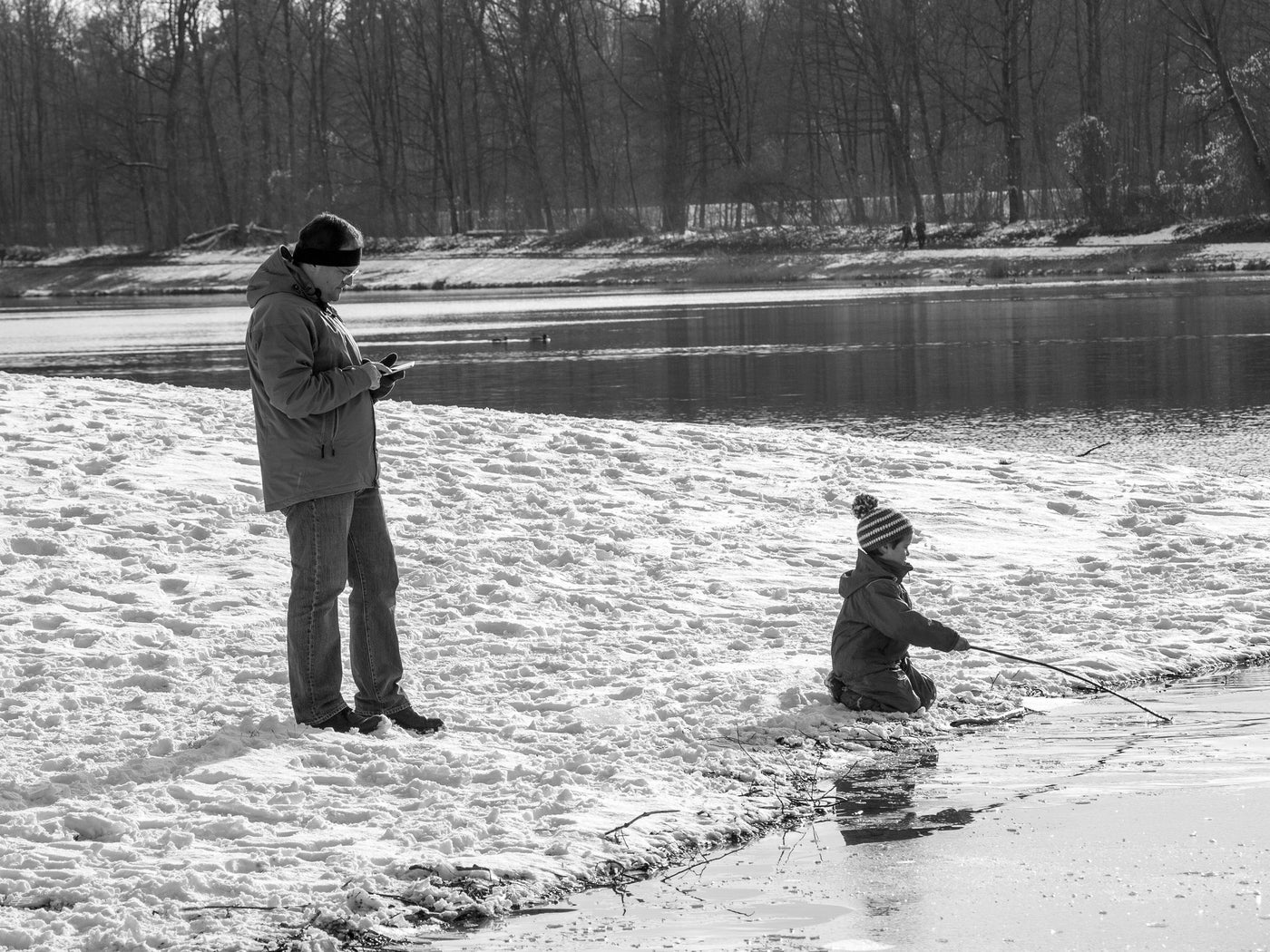Click HERE to listen to the Podcast
Have you ever wondered about how your father became the way that he is?
Last week, I had an experience that confirmed with me what I’ve observed to be true for many years in my work as a parenting coach – parents with young children can’t imagine their kids as adults.
The experience I had involved me taking part in an event that brought high school students together with seniors, to talk openly with one another about their respective lives.
The most amazing thing that I heard was that the teenage boys all shared a similar anxiety… “how do I be a man in the world today?” “how do I act around girls in this #MeToo world?”… and much more.
This got me thinking of what it takes for parents of young children to raise healthy boys before they become teens and eventually men.
This week, I decided to record a podcast to share my advice about raising boys to become healthy men and fathers.
~ Judy
Click HERE to listen to the Podcast









